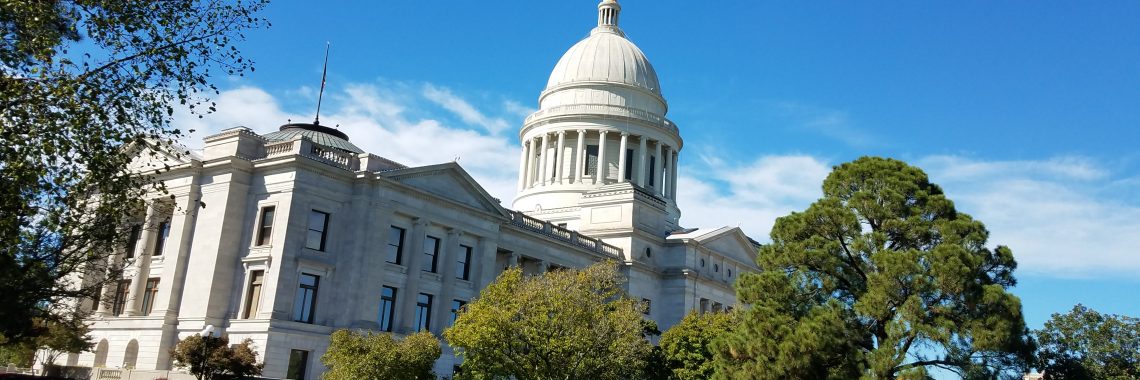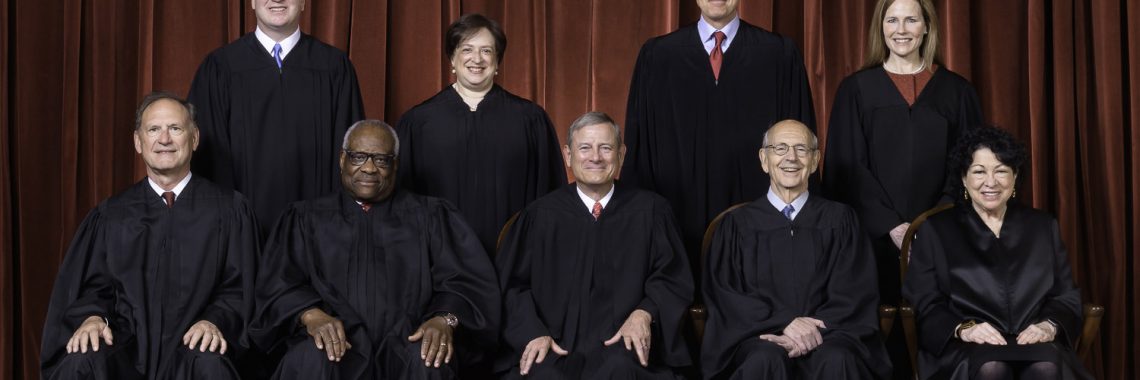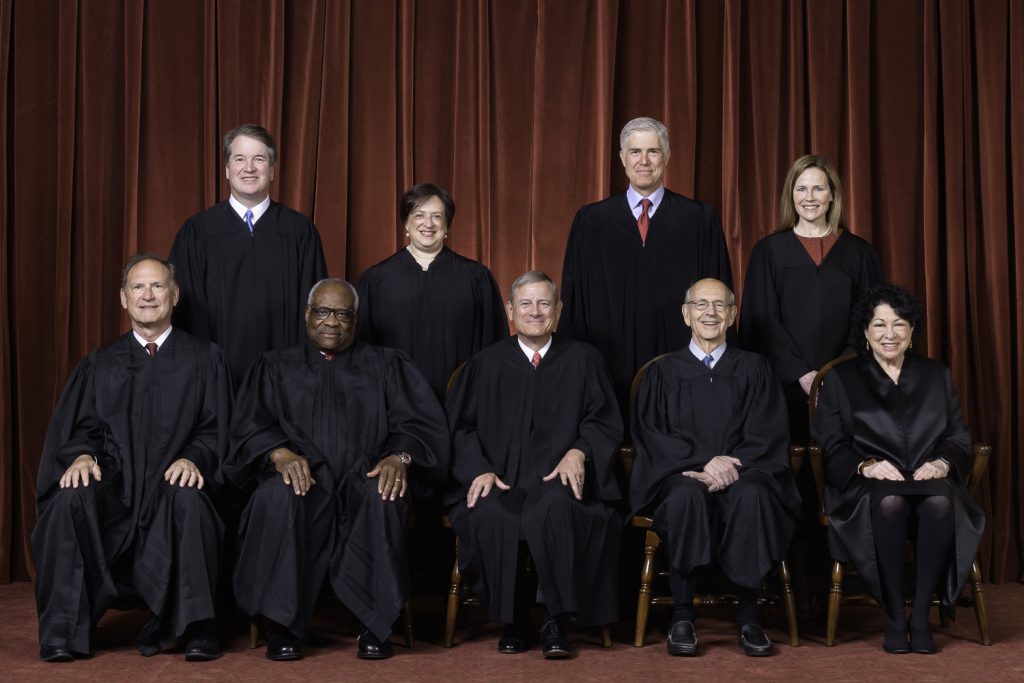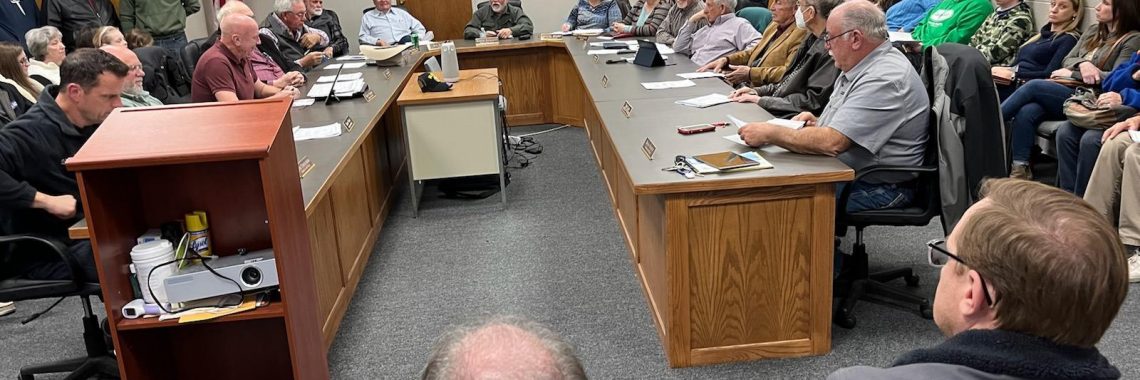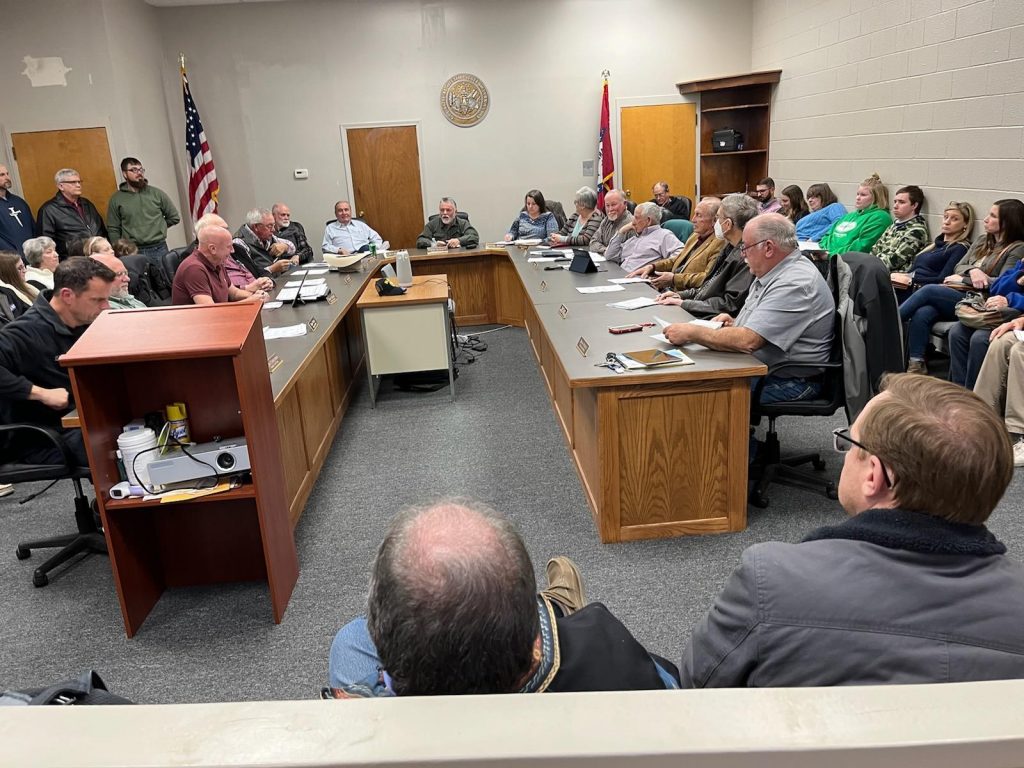Arkansas’ Leaders Respond to Leaked U.S. Supreme Court Draft Opinion Overturning Roe
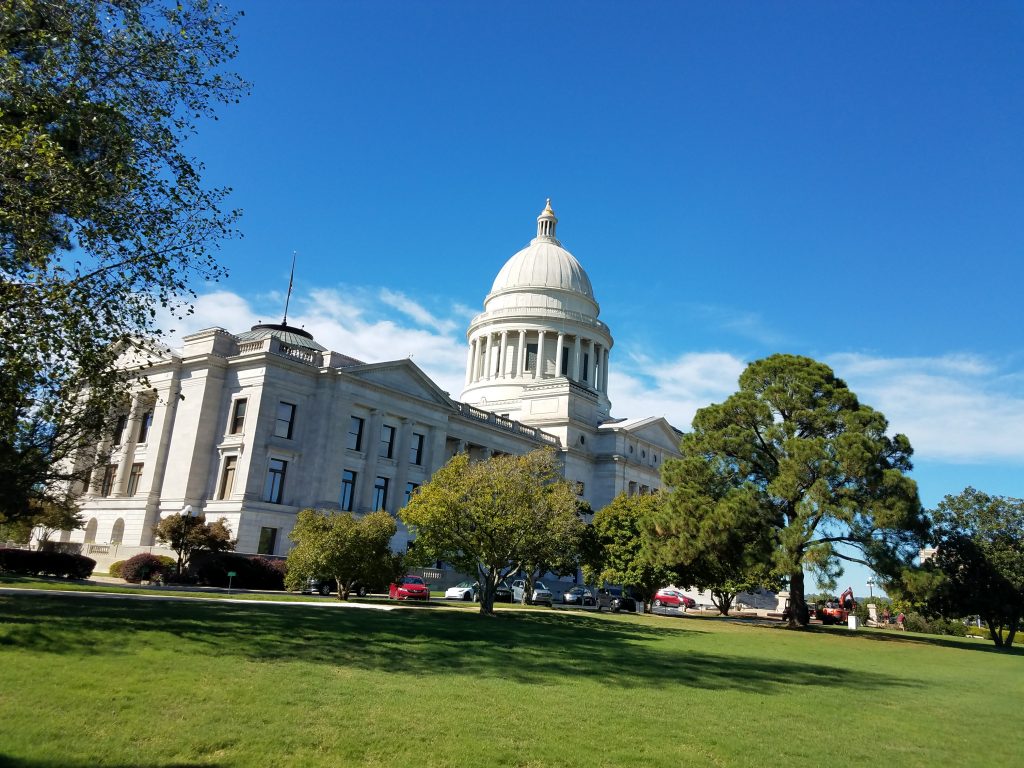
On Monday night, news outlets reported that a draft opinion in the Dobbs v. Jackson Women’s Health abortion case had been leaked to the media.
The draft opinion seems to indicate that the U.S. Supreme Court plans to overturn the 1973 Roe v. Wade Supreme Court abortion decision.
Leaders from Arkansas issued statements in the wake of the draft ruling’s publication.
Governor Asa Hutchinson wrote:
I have advocated for the reversal of Roe v. Wade all my political career. The leak from someone within the court is reprehensible and should lead to an investigation but I do hope the court returns authority to the states.
Attorney General Leslie Rutledge wrote:
Join me in praying that the Supreme Court has in fact voted to overturn the egregious decision of Roe, follow the Constitution and return the power to states to protect life—which we will in Arkansas!
The party responsible for this unprecedented, politically motivated leak must be held accountable & we pray that the Court remains firm in its decision.
Lt. Governor Tim Griffin issued two tweets, saying:
I have long believed Roe v. Wade was wrongly decided & #SCOTUS should return debates about abortion to the people & their representatives. This draft decision would allow states like Arkansas to recognize the humanity of unborn children through the legislative process.
The unprecedented leak of this #SCOTUS opinion is inexcusable and an investigation into the origins of the leak must ensue. Please join me in praying for wisdom, discernment, & safety for the members of the Court & their families.
U.S. Sen. John Boozman tweeted:
The breach of the Supreme Court’s confidentiality and decorum is troubling and serves to undermine its role in our system. When the Court formally issues its decision in the Dobbs case, I pray it gives Arkansas and every other state the power to protect innocent, unborn children.
U.S. Sen. Tom Cotton tweeted:
The Supreme Court & the DOJ must get to the bottom of this leak immediately using every investigative tool necessary.
In the meantime, Roe was egregiously wrong from the beginning & I pray the Court follows the Constitution & allows the states to once again protect unborn life.
U.S. Congressman Rick Crawford (AR-01) issued a press release, saying:
“As a consistently pro-Life American, I have long called for overturning Roe v. Wade, an egregious case of Justices making laws rather than interpreting the laws written by our democratically-elected Representatives. Overturning Roe would return abortion issues to our democratic process and restore the genius of the framework outlined in our Constitution,” Crawford said. “It would also save countless babies’ lives.”
U.S. Congressman French Hill tweeted:
The leak of Justice Alito’s draft opinion is alarming & undermines the integrity & independence of the Supreme Court and erodes further confidence in the functionality of our institutions. As a man of faith & father, I will always value life & support policies that reflect that.
U.S. Congressman Steve Womack (AR-03) tweeted:
The leak from #SCOTUS is an unprecedented breach and attempt to subvert the impartial deliberations of our nation’s highest court. This unethical violation must be immediately investigated. I have always stood up for the sanctity of life and will continue to do so in Congress.
U.S. Congressman Bruce Westerman (AR-04) wrote:
As a nation, we depend on SCOTUS’ impartiality.
The leaker’s attempt to subvert the proper judicial process, whatever the motivation, must not succeed.
He or she must be found and punished according to SCOTUS’ rules and regulations for this blatant attack on the rule of law.
Arkansas Right to Life shared a press release from National Right to Life Committee, saying:
In response to the Politico article claiming to have a copy of the initial draft of the Supreme Court decision in Dobbs v. Jackson, National Right to Life agrees with the statement of Mississippi Attorney General Lynn Fitch who said, “We will let the Supreme Court speak for itself and wait for the Court’s official opinion.”

